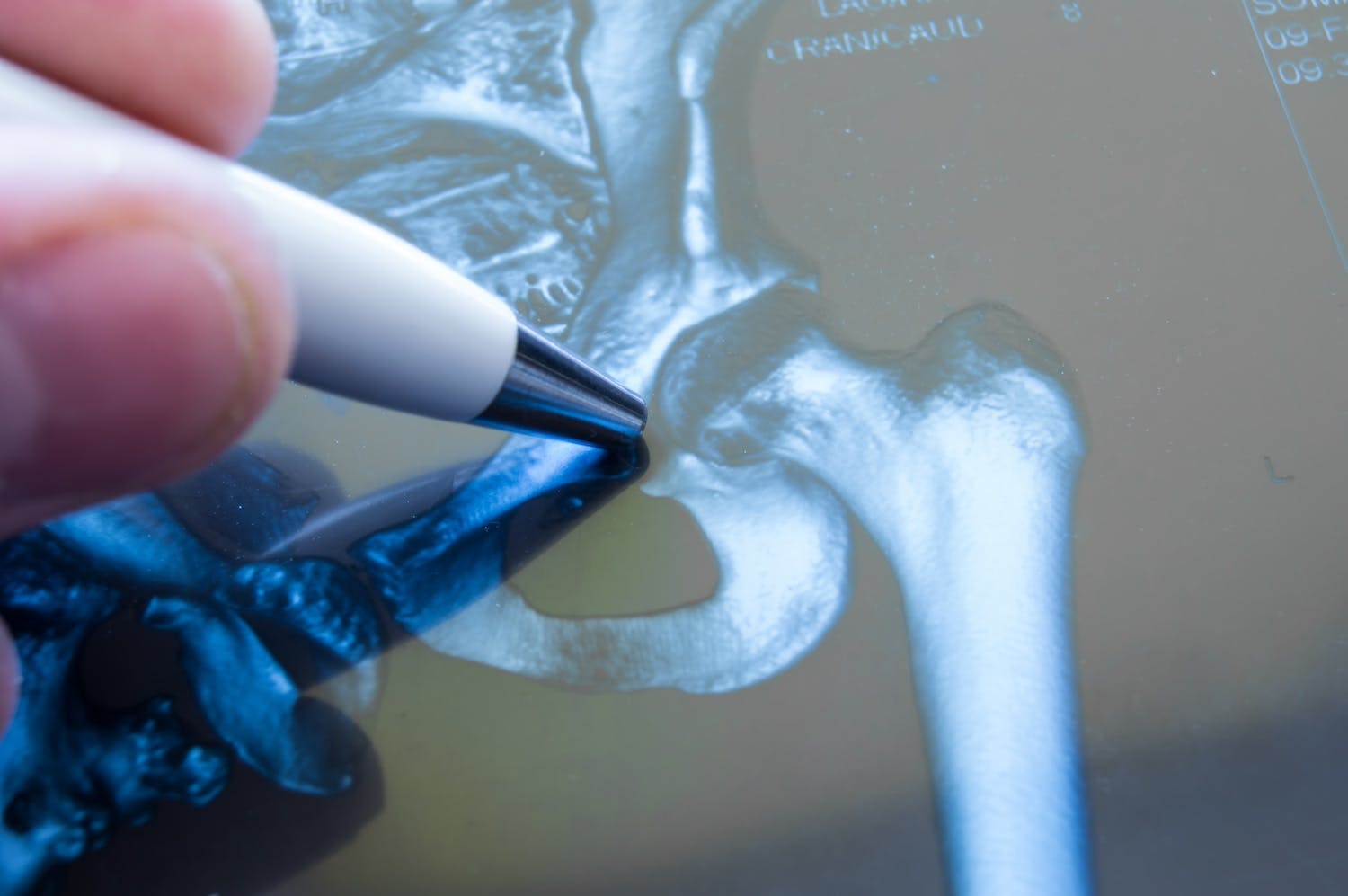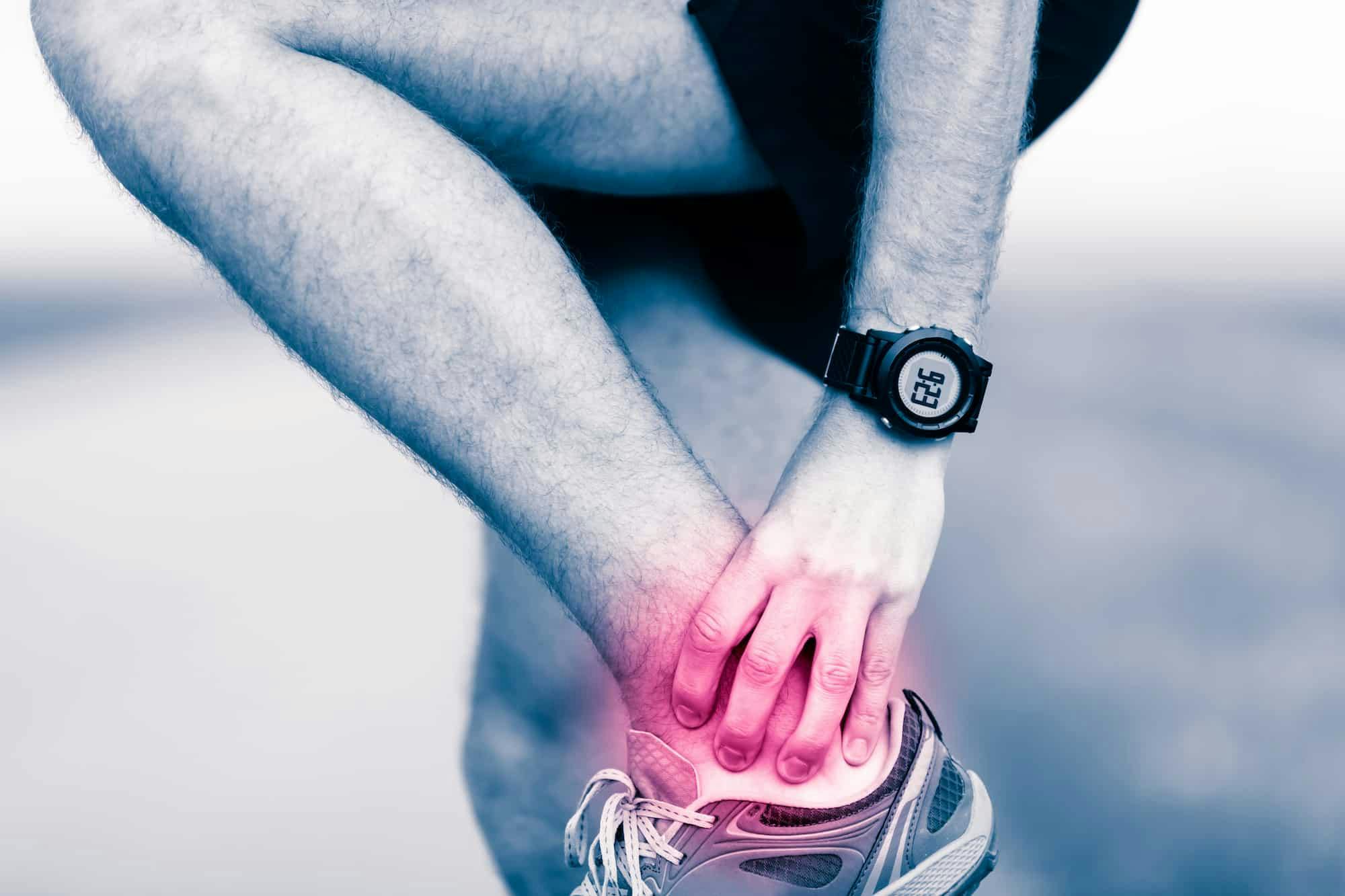- Blog
Ischiofemoral Impingement of the Hip
Posted on 01-02-2026 in Hip Pain by Dr. Matthew Mai

Posted on 01-02-2026 in Hip Pain by Dr. Matthew Mai
Ischiofemoral Impingement (IFI) is a lesser-known but often painful condition affecting the hip joint. This condition arises when the ischium (a bone in the pelvis) and the femur (the thigh bone) come into abnormal contact, which compresses soft tissues surrounding the hip. While the discomfort typically manifests in the buttocks or groin, particularly when moving the hip or walking, it can also present as low back pain, making it challenging to diagnose early. Additional symptoms and causes include discomfort during prolonged sitting, reduced range of motion, stiffness and/or tightness in the hip area.
Certain individuals are more prone to developing Ischiofemoral Impingement due to specific factors, including:
Accurate diagnosis is crucial for effective treatment. A thorough physical examination by an orthopedic specialist is typically the first step. Imaging studies like X-rays, MRIs, or CT scans are often used to assess the severity of the impingement. It's important to note that traditional imaging may not always detect IFI, especially if the imaging was conducted with the feet turned in or with hip flexion.
IFI can be treated both non-surgically and surgically, depending on the severity of the condition and the patient's response to conservative therapies. For many patients, lifestyle modifications and non-invasive treatments can significantly reduce symptoms. For patients who don't find relief through conservative treatments, surgery may be necessary and include procedures such as Arthroscopic Decompression, Open Surgical Correction, Hip Arthroplasty (Hip Replacement) or Femoral Osteotomy.
Ischiofemoral Impingement can be a debilitating condition, but with early diagnosis and appropriate treatment, many patients experience significant improvement. Whether through lifestyle changes, physical therapy, or surgical intervention, consulting with an orthopeadic specialist is essential to explore the best course of action for lasting relief from hip pain. Learn more about our experienced hip specialist, Dr. Matthew Mai or use our online appointment request form to book your visit with him today.

With summer in full swing and children taking advantage of more time to participate in sports-related or other outdoor activities, it’s essential to be mindful of injury prevention while encouraging their interest in activities that don’t involve screen time!

May is National Arthritis Awareness Month, and of the more than 100 forms of this painful condition, many can affect the ankle. In fact, almost half of people in their 60s and 70s have arthritis of the foot and/or ankle, but not all of them have symptoms.

Springtime in North Florida is the perfect season for gardening, but hours spent planting, pruning, and digging can take a toll on your body. At North Florida Bone & Joint Specialists, we often see patients with gardening-related injuries affecting the hands, upper extremities, shoulders, and knees. Whether you're a weekend hobbyist or an avid green thumb, practicing proper ergonomics can help ensure you stay injury-free while you enjoy your time outdoors.